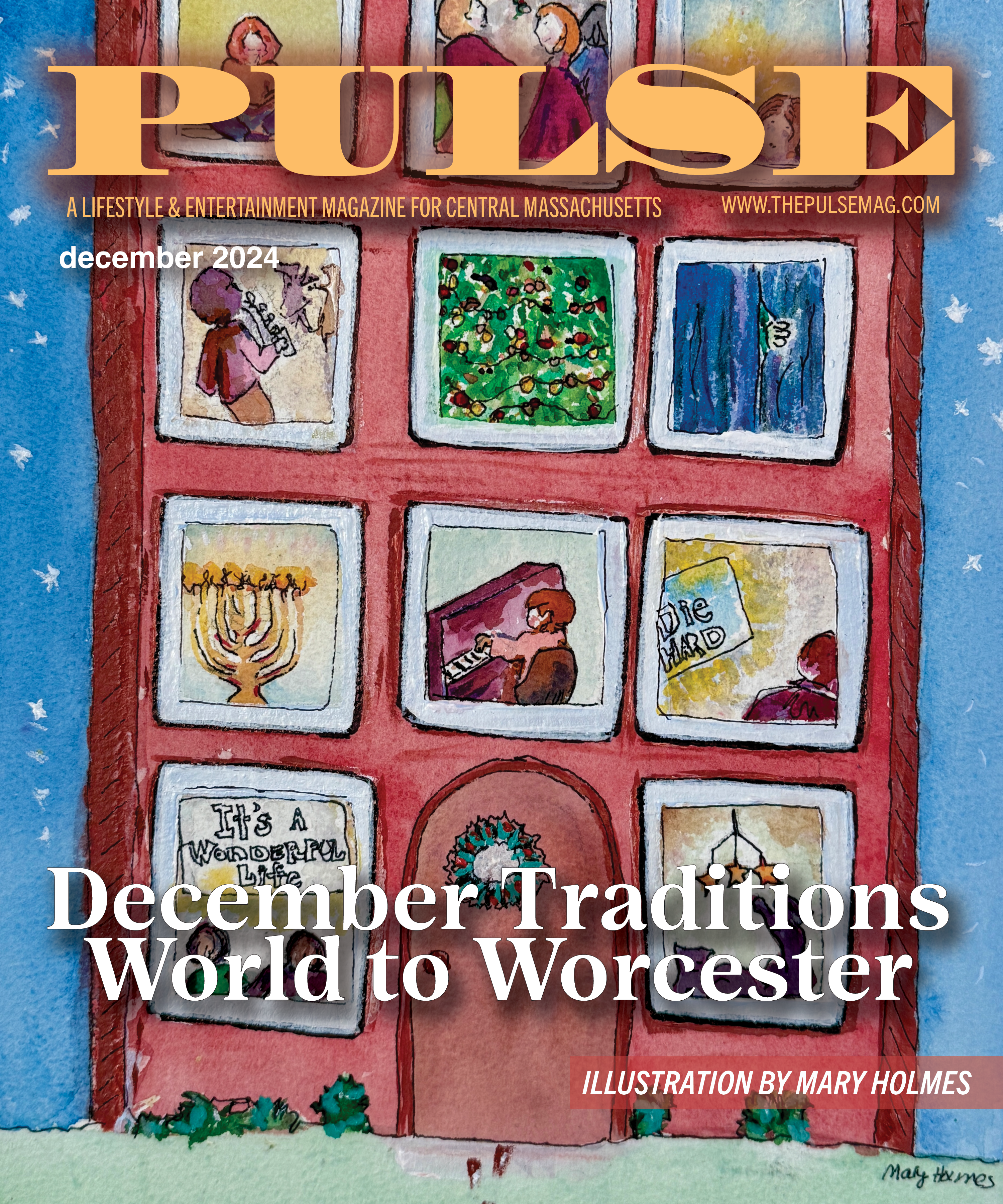
Eric Casey
This November marks the fifth anniversary of our state’s first ever legal recreational weed sale back in 2018. Half a decade into this experiment, I think it’s safe to declare that the hype surrounding this emerging industry has died down quite a bit.
Dispensary openings no longer bring out a long line of eager patrons, and the large crowd of media members that used to frequent every meeting of the state’s Cannabis Control Commission has now dwindled to just a handful of people. Residents of the state have also become very used to the proliferation of cannabis billboards lining our highways, forcing dispensary owners to figure out new ways to attract customers.
To make matters even more difficult for local canna-businesses, every state that surrounds Massachusetts (with the ironic exception of “live free or die” New Hampshire) has now legalized the plant. These states still have a long way to go before they have the same type of product availability and prices that we see here in Massachusetts, but the days where dispensaries could rely on these out-of-state visitors to boost their coffers are slowly coming to an end.
As all the excitement around legal weed has declined, businesses have had to get creative in order to keep customers coming in the door. Here’s three emerging trends we’ve seen in the cannabis space, as well as some tips on how consumers can benefit from these new ideas.
- Community Partnerships
While some of the larger cannabis companies in the country have partnered with famous celeb stoners like Wiz Khalifa and Snoop Dogg to help create hype around their brands, locally-owned businesses have often gone for a more community-focused touch.
One recent example of this is Major Bloom Dispensary’s partnership with Femme, the new lesbian bar that opened up a few months back on Green Street. These two businesses have worked together to launch a Femme-branded pre-rolls which contain a blend of herbs that are designed to help those who are suffering from painful reproductive conditions like endometriosis.
In a joint press release announcing this new line of joints, Femme owner Danielle Spring said that they launched this product to help encourage more people to discuss the difficulties that are faced by people suffering from reproductive conditions.
“So many of us have endometriosis but we don’t talk about it enough,” says Spring. “The only thing that helped ease my pain was smoking weed.”
What Customers Should Know: While buying weed that’s backed by your favorite rapper may sound like a fun idea, it’s not like Wiz Khalifa is pulling up to the local cannabis cultivation facility to water the plants on a daily basis. In reality, these celebrity-backed products are often virtually identical to other products these companies sell, with the only difference being a higher price point (and perhaps some fancier packaging). So instead of giving wealthy celebrities even more cash to burn, conscious consumers should perhaps consider buying from local brands instead.
- Technology
The rise of legal weed has led to a creation of a whole cottage industry of tech-focused companies who are attempting to help dispensaries stand out from their competitors. One such business is Mosaic, a Massachusetts-based company that designs digital platforms and mobile apps for cannabis companies.
While large companies like WeedMaps and Leafly give cannabis companies the opportunity to have an online presence, these services often charge large fees just to provide dispensaries with a digital menu that looks exactly the same as ones used by their competitors.
With that in mind, Mosaic offers a more custom and focused approach that intends to help dispensaries of all sizes stand out from the crowd, according to Mosaic founder Jack Blaeser.
“Our superpower might be where we can help a group of one or ten or twenty dispensaries have a better digital experience than the biggest players in the cannabis market,” said Blaeser.
Services provided by Mosaic include the creation of online ordering platforms that allow businesses to offer points and other promotions for their most loyal customers.
Beyond just having an impressive digital presence, dispensaries are also spending a large time battling for prime real estate on search engines. As so many customers are still unsure of where to shop for legal cannabis, being at the top of the page when someone searches for a phrase like “dispensaries near me” can be a make-or-break difference for stores.
What Customers Should Know: Thanks to all these technological advances, it’s never been easier to shop around for a good weed deal. So instead of jumping in your car and heading to the closest dispensary, consider grabbing your mobile phone or laptop instead.
A few minutes of research can go a long way, as shopping for weed via your web browser or phone allows you to check out a number of different dispensary menus without the fear of an impatient queue of customers building up behind you. If you’re trying to be a conscious cannabis consumer, prerusing digital menus also allows you to do some further research on a product that catches your eye.
While most budtenders are more than happy to help guide customers in the right direction, they’ll be sure to appreciate the fact that you did your homework before coming into the store.
- Cheaper Weed
Many business executives thought legalization would bring in a new era of consumers who preferred non-smokable products like edibles over traditional flower, but pretty much all of the available data shows that simply not to be the case. Despite all the newfangled ways to get high, the majority of consumers still seem to prefer packing a bowl or lighting up a pre-roll.
Businesses have adapted to this reality by offering a variety of discount flower products that may appeal to budget-conscious consumers who don’t particularly care about smoking the finest stuff imaginable. These brands often vary from flower buds that are just a bit smaller than normal (often referred to as “mini buds” or “popcorn nugs”) to big pouches of pre-ground cannabis.
Buying weed for less than $10 a gram was unthinkable when recreational sales first launched in Massachusetts, but now pretty much every store has some sort of metaphorical bargain bin filled with products made from lesser parts of the plant. While people who consider themselves to be cannabis connoisseurs may be turned off by the idea of smoking anything but the finest looking buds, the proliferation of these types of low-cost products shows that the average joe isn’t nearly as picky.
What Customers Should Know: While nobody should be complaining about cheaper weed, shoppers should know this is still a “buyer beware” situation. Some companies hold themselves to a high standard that prevents them from selling disappointing products, but others are using the popularity of these bargain flower brands to attempt to sell you some particularly low-quality schwag. If you fail to do your research on the particular product you’re buying, your weed may not be the only thing that is getting burned.






